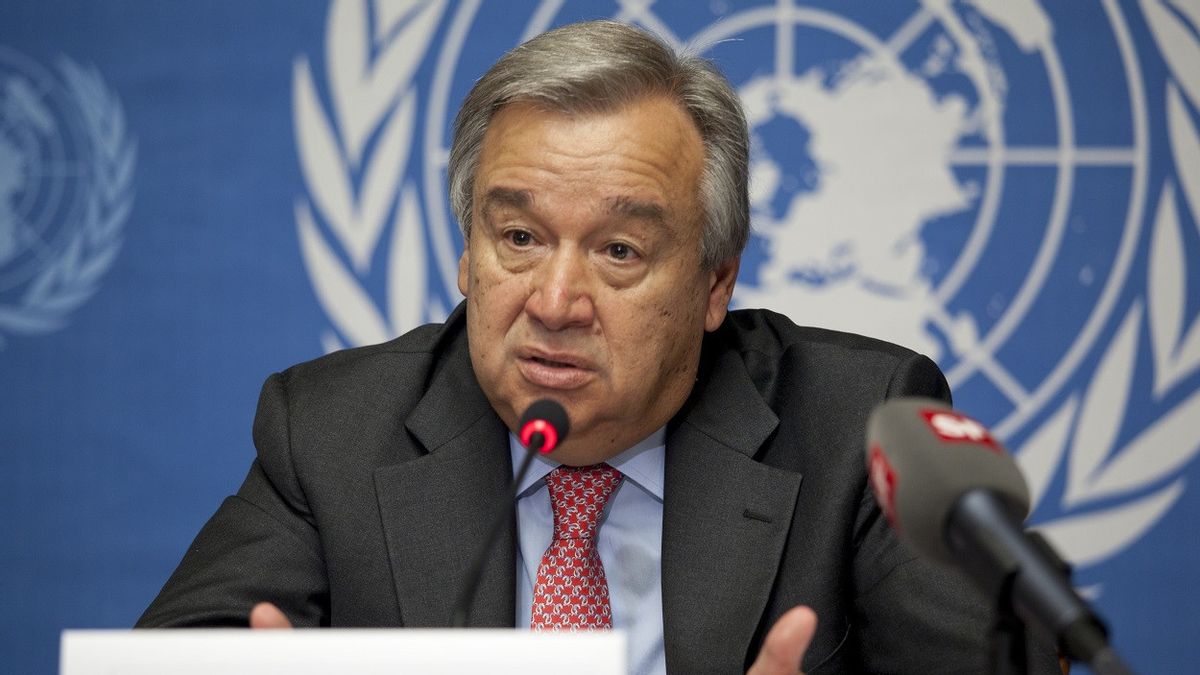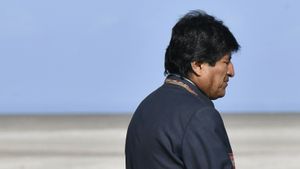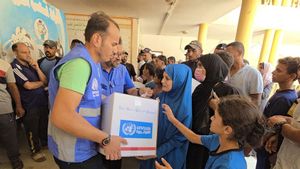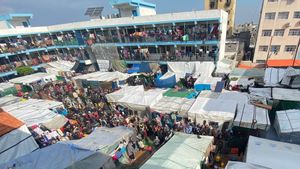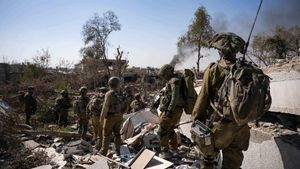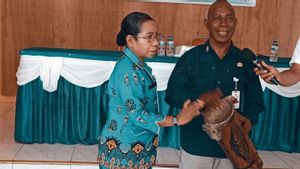JAKARTA - United Nations Secretary-General Antonio Guterres filed an appeal to the Security Council on Monday for his support to help protect war-torn civilians in Sudan, but said conditions were not appropriate for the deployment of UN troops.
"The Sudanese people live in violent nightmare, with thousands of civilians killed, and many others facing endless atrocities, including widespread rape and sexual assault," Secretary General Guterres told the 15-member council.
The civil war broke out in Sudan in April 2023, when the military and paramilitary Rapid Support Forces (RSF) were involved in a power struggle ahead of the planned transition to civilian rule, sparking the world's largest evacuation crisis.
"Sudan, once again, quickly became a nightmare of mass ethnic violence," said Secretary General Guterres, referring to the conflict in Sudan's Darfur region about 20 years ago that led the International Criminal Court to charge former Sudanese leaders with genocide and crimes against humanity.
The ongoing war has resulted in a wave of ethnically motivated violence largely blamed on the RSF.
RSF killed at least 124 people in a village in El Gezira State on Friday, activists said, in one of the deadliest incidents in the conflict.
The paramilitary group has previously denied injuring civilians in Sudan, linking the activity to malicious actors.
Secretary-General Guterres acknowledged calls by human rights groups and Sudan to step up measures to protect civilians, including the possibility of deploying some form of impartial force, saying it reflected "the severity and urgency of the situation."
"Currently, conditions do not allow the deployment of United Nations troops to succeed in protecting Sudan's civilians," he told the council, but added he was ready to discuss other ways to reduce violence and protect civilians.
"This may require a new approach adapted to challenging conflict circumstances," said Secretary General Guterres.
The United Nations says nearly 25 million people - half of Sudan's population - need help as hunger has hit refugee camps, while 11 million people have fled their homes. In addition, nearly three million people have gone to other countries.
"This is not just an insufficient funding issue. Millions of people are starving from access," US Ambassador to the United Nations Linda Thomas-Greenfield told the council.
Ambassador Thomas-Greenfield said Washington was concerned instead of facilitating aid, Sudanese authorities "continued to weaken, intimidate and target humanitarian officials." He said they needed to expand and simplify humanitarian movements.
"They also need to extend their authorization for Adre border crossings, open additional cross-border and cross-border access routes, and facilitate airport access for humanitarian purposes," added Thomas-Greenfield.
Separately, the military-backed Sudanese government is committed to facilitating aid deliveries across the country, including in the territory controlled by the RSF, Sudanese Ambassador to the United Nations Al-Harith Idriss Al-Harith Mohamed said.
He said ten border crossings and seven airports had been opened for aid deliveries.
It is known that the three-month approval granted by Sudanese authorities to the United Nations and aid groups to use the Adre border crossing with Chad to reach Darfur will end in mid-November.
"There are 30 trucks that cross the Adre border crossing with advanced weaponry and ammunition and this causes serious escalation in al-Fashir and elsewhere," Mohamed said.
SEE ALSO:
"We see that thousands of mercenaries from Africa and Sahel enter the country via Adre. Crossing the Adre border is truly a threat to national security," he continued.
Meanwhile, Russian Ambassador to the United Nations Vassily Nebenzia told the council it was up to the Sudanese government to decide whether the Adre crossing would remain open after mid-November and that it was "inappropriate to put pressure on" the government.
"We firmly oppose the politicization of humanitarian aid," he said.
"We believe that any humanitarian aid should be carried out and delivered solely by involving the central authority," Nebenzia said.
The English, Chinese, Japanese, Arabic, and French versions are automatically generated by the AI. So there may still be inaccuracies in translating, please always see Indonesian as our main language. (system supported by DigitalSiber.id)
